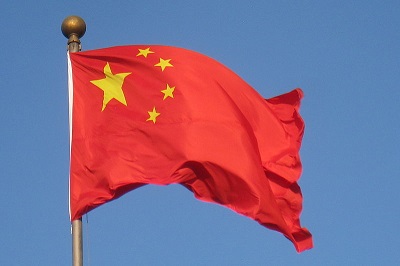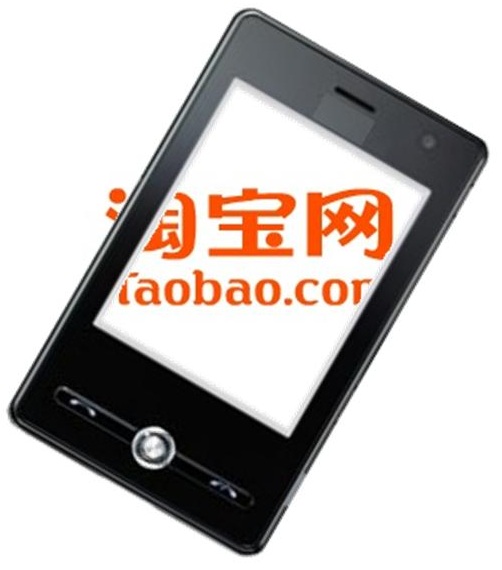This massive market is still seeing smartphone based shopping growth at an exponential rate.
The m-commerce market in China has seen a tremendous growth throughout the first quarter of this year, according to the figures that have been released in a report by a company called iResearch, which is based in Beijing.
The report indicated that in Q1 of this year, there was an increase in mobile shopping by 168 percent.
This brought the Chinese m-commerce market up to an estimated $59 billion. The growth rate in that market was tremendously greater than the overall mobile shopping increase seen globally, which was a very healthy 45 percent. The iResearch figures were based on measurements of the gross merchandise volumes (GMV). The prediction that was made based on the data is that there will have been a continued rapid growth throughout Q2 2015.
M-commerce purchases made up almost half of all online shopping that occurred in China during Q1.
 The amount of online shopping that occurred over mobile devices more than doubled from what it had been during the same quarter last year, when it had been a much lower 22 percent. The data from last year’s fourth quarter showed that the GMV was peaking at $61.25 billion, after which, the figures dropped by 4.7 percent in the following quarter.
The amount of online shopping that occurred over mobile devices more than doubled from what it had been during the same quarter last year, when it had been a much lower 22 percent. The data from last year’s fourth quarter showed that the GMV was peaking at $61.25 billion, after which, the figures dropped by 4.7 percent in the following quarter.
It was pointed out by iResearch that online shoppers in China have been increasingly embracing researching products and making purchases over their smartphones and tablets, and that growth of traffic over PCs has started slowing down.
The largest contributor to mobile GMV was Taobao Wireless (which is owned by Alibaba), but even that share fell from having been 87.4 percent in the first quarter of 2014 to be 84.5 percent in the same quarter, this year. The reason is that competitors are starting to gain some meaningful share. These include companies such as Vip and JD.com. Vip is now up to 2.8 percent while JD.com has increased to 5.2 percent (after it was at 3.3 percent, last year)
According to iResearch, this m-commerce competition has become increasingly intense, as each of the major participants battle to be able to grab hold of a greater share through new efforts and initiatives.

 ten years. Now, its Taobao is taking off in the m-commerce environment. Its lead is estimated to be massive, as it takes in about 75.1 percent as its market share when measured by the value of the mobile purchases made by consumers in China. Its parent company is Tmall, a B2C marketplace.
ten years. Now, its Taobao is taking off in the m-commerce environment. Its lead is estimated to be massive, as it takes in about 75.1 percent as its market share when measured by the value of the mobile purchases made by consumers in China. Its parent company is Tmall, a B2C marketplace.